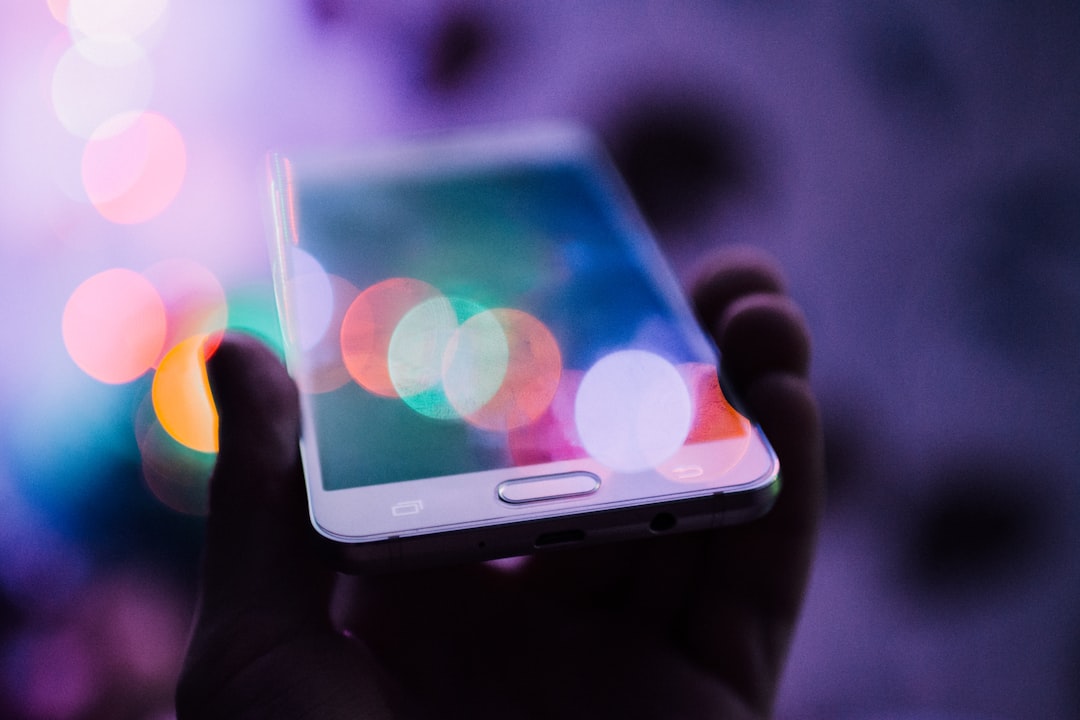Stigma and Shame Are Alive and Well, Despite Autism Influencers
Who gave Emma Camp a megaphone? Her NY Times Op-Ed, “Why I Am More and More Ambivalent About My Autism Diagnosis,” is offensive and ignorant.
If there’s an article in the NY Times about autism, someone I love invariably forwards it to me. I’m grateful to be kept informed, but sometimes I’m offended by the drivel that passes for journalism.
The insulting Op-Ed, “Why I Am More and More Ambivalent About My Autism Diagnosis,” with it’s brightly colored and confusing image, started my blood boiling by paragraph two. I read it with increasing dismay, as quotations were put around phrases like neurodiversity advocates.
Keep reading with a 7-day free trial
Subscribe to Atypical Kids, Mindful Parents to keep reading this post and get 7 days of free access to the full post archives.




